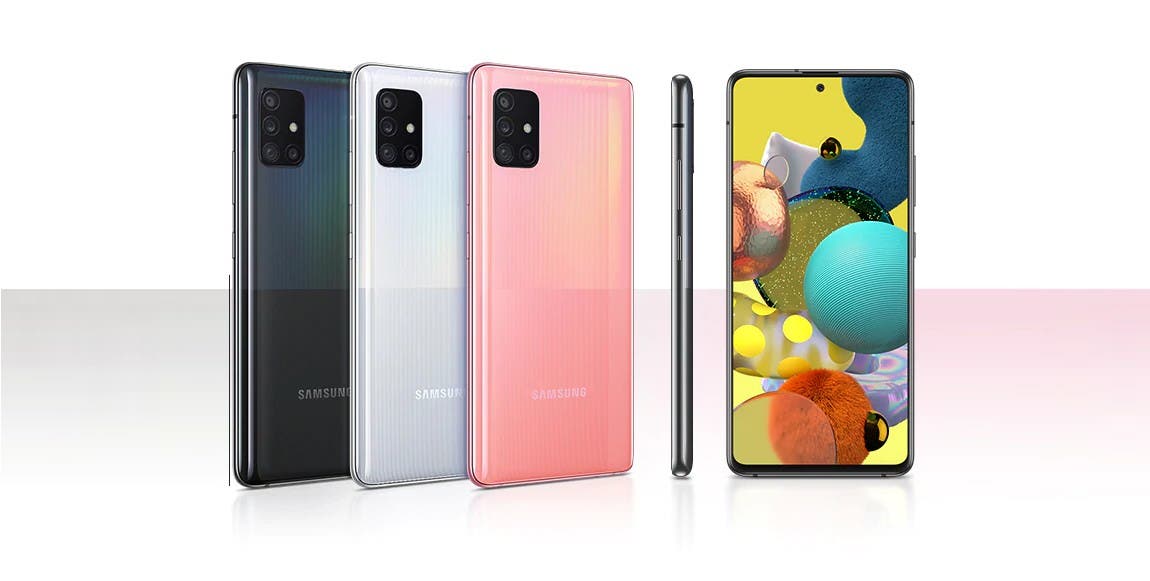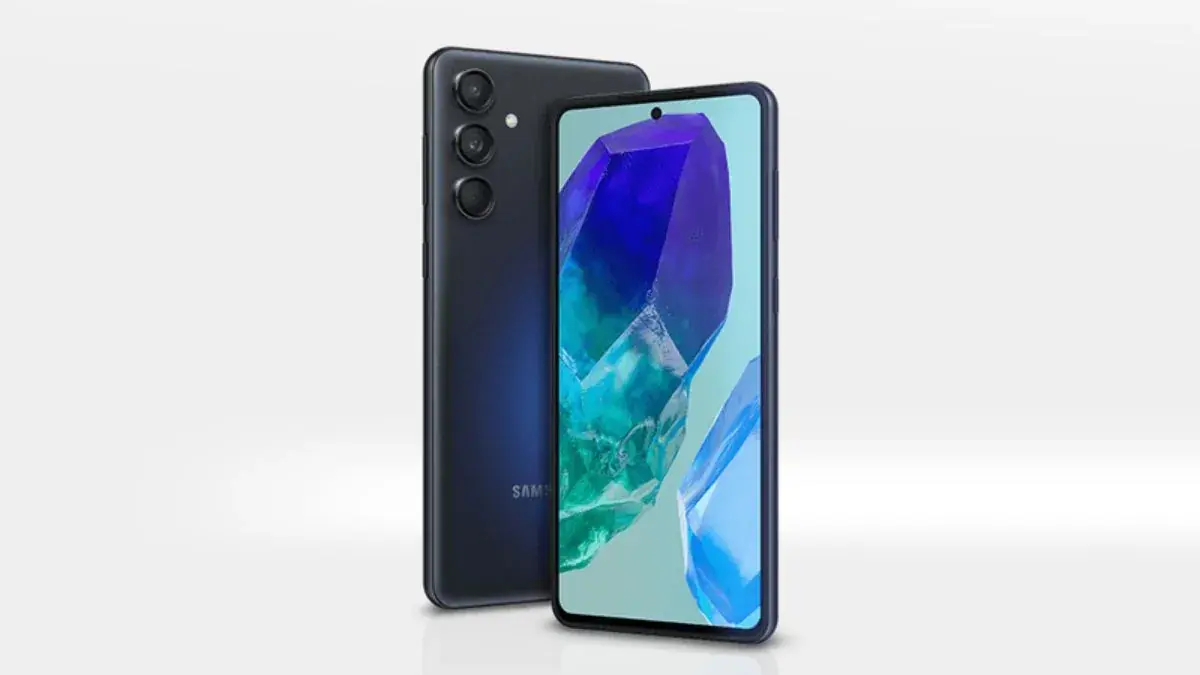Software updates are essential for a smartphone's security, performance, and longevity. They go beyond mere bug fixes, acting as a shield against vulnerabilities and a catalyst for enhanced functionality.
One of the primary reasons updates are crucial is their role in bolstering security. These updates often patch security loopholes found in the operating system and pre-installed apps, which, if left unaddressed, could be exploited by malicious actors.
Furthermore, updates can significantly improve performance by optimizing system resources, resulting in a smoother, more responsive user experience. They address performance bottlenecks, leading to faster app loading times and overall system stability.
Beyond security and performance enhancements, software updates often introduce new features and functionalities, enhancing usability and the overall user experience.
In June 2024, Samsung discontinued software update support for three smartphone models launched in 2020: the Galaxy A51 5G, Galaxy A41, and Galaxy M01. While these devices enjoyed a reasonable lifespan with regular updates, their discontinuation signifies the end of security patches and potential performance improvements.
Users of these models, particularly those who engage in security-sensitive activities like online banking, should consider upgrading to a newer device with ongoing software support. Using an unsupported device elevates security risks, may lead to performance degradation, and could mean missing out on new features available through future updates.
Samsung continues to demonstrate its commitment to long-term software updates with its newer models. For instance, the Galaxy A55 offers five years of software updates, guaranteeing support until March 2029, while the flagship Galaxy S24 boasts a seven-year software update commitment, extending support until 2031.
When purchasing a new phone, prioritize models with long-term software support. This ensures enhanced security, optimal performance, and access to the latest features throughout your ownership. By understanding the importance of software updates and the concept of end-of-life for older models, you can make informed decisions about your mobile device, ensuring a secure, reliable, and future-proof user experience.

While Samsung has positioned itself as a leader in long-term software support, it’s important to acknowledge the varying update policies across smartphone manufacturers. Apple, for instance, is known for its robust software ecosystem, providing extended software support for its iPhones, typically five to six years of iOS updates. Similarly, Google's Pixel devices receive at least three years of major OS updates and additional security patches.
However, update policies for other prominent manufacturers like OnePlus, Motorola, and Sony can vary considerably, often dependent on the specific device model and market segment. It's always a good idea to research individual models and manufacturer policies before purchase.
Several factors influence a manufacturer’s decision regarding software update duration, including hardware specifications, market segmentation, and the complexity of customization. For example, flagship devices often receive longer support due to their premium nature and higher price points.
Even if your device reaches its end-of-life for software updates, you can prolong its usability by prioritizing app downloads from official app stores, focusing on security measures like strong passwords and two-factor authentication, and, for advanced users, considering custom ROMs.
The future of software updates will likely involve industry standardization, a greater focus on extended security updates, and hardware-software co-design for longer lifespans.
By staying informed about the significance of software updates, understanding the reasons behind end-of-life policies, and being aware of varying manufacturer policies, you can make informed decisions when purchasing and using your mobile devices.
